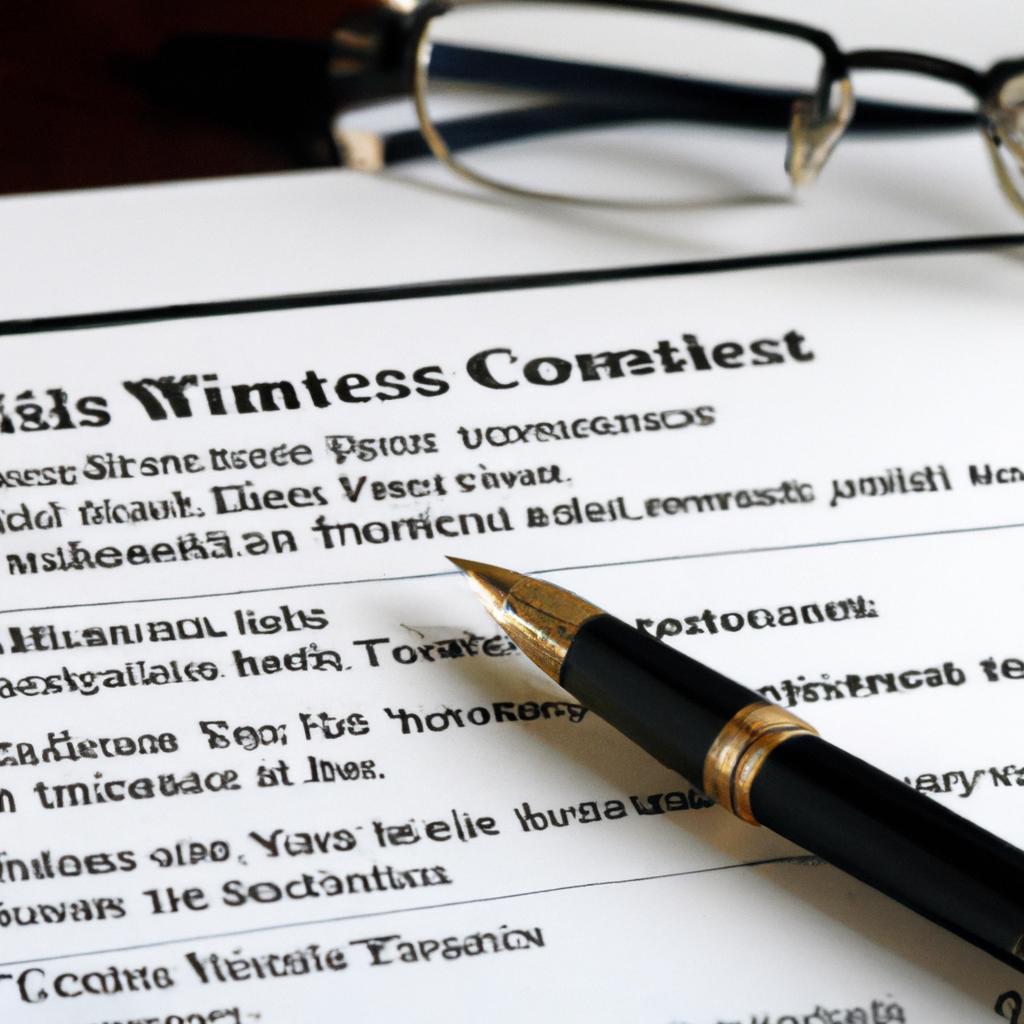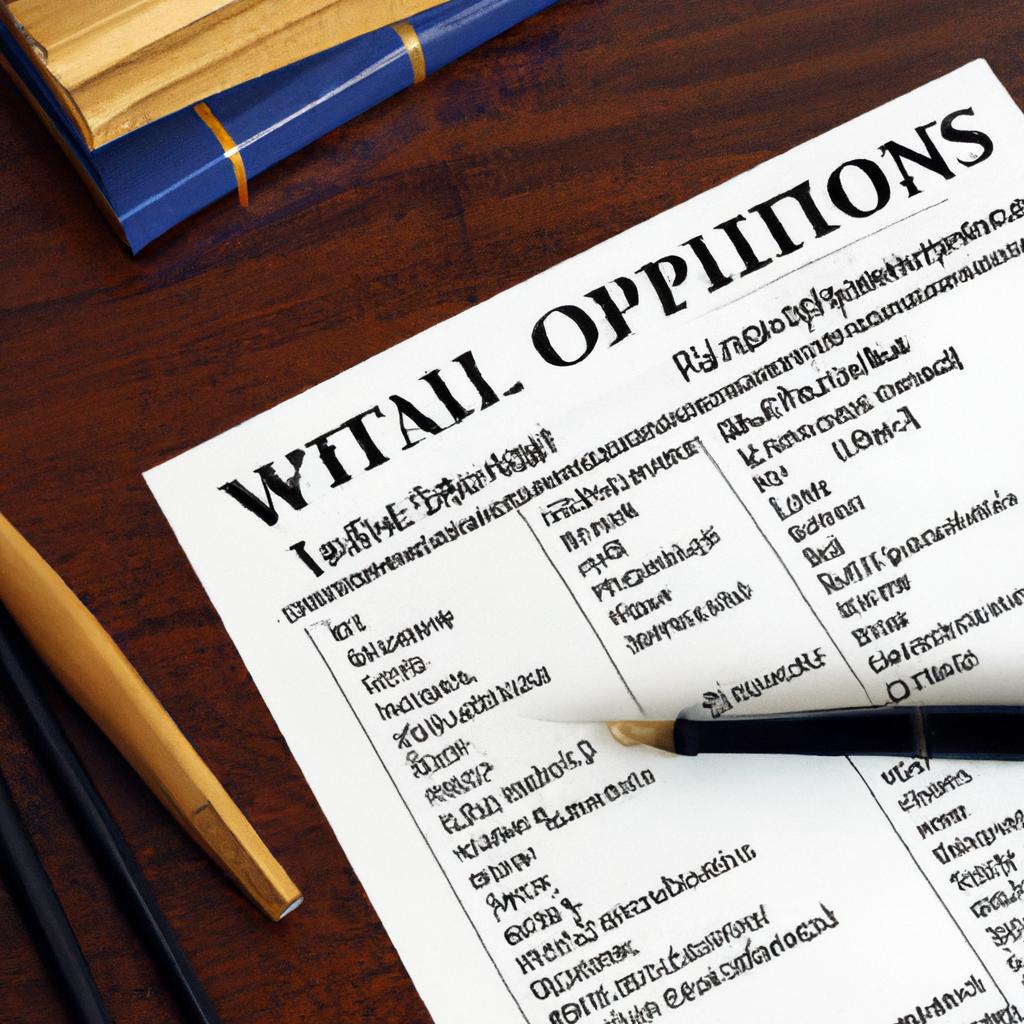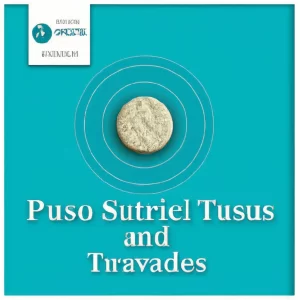As esteemed practitioners of law at Morgan Legal Group, situated in the bustling metropolis of New York City, we specialize in a myriad of legal services including estate planning, probate, elder law, and trusts. Wills are a fundamental component of our practice, serving as a crucial tool in ensuring the orderly distribution of assets upon one’s passing. In this article, we delve into the intricacies of wills lists, exploring their significance and implications in the realm of estate planning. Join us as we navigate through the complexities of this essential legal document, shedding light on the importance of meticulous planning and foresight in safeguarding your legacy.
Understanding the Importance of Compiling a Comprehensive Wills List
Creating a comprehensive Wills List is a crucial step in ensuring that your assets are distributed according to your wishes after you pass away. Without a detailed list of your assets and beneficiaries, there is a risk of confusion, disputes, and delays in the probate process. By compiling a thorough inventory of your possessions, financial accounts, real estate, and sentimental items, you can provide clarity and guidance to your loved ones and the executor of your estate.
Moreover, a well-organized **Wills List** can help minimize the likelihood of important assets being overlooked or forgotten. By categorizing assets, specifying ownership details, and providing instructions for each item, you can prevent any items from being unintentionally excluded from your estate plan. Additionally, keeping your list updated regularly allows you to reflect any changes in your assets, beneficiaries, or wishes, ensuring that your estate plan remains current and accurate.

Key Elements to Include in Your Wills List for Efficient Estate Planning
One key element to include in your wills list for efficient estate planning is a detailed list of your assets and liabilities. This should include all real estate properties, vehicles, bank accounts, investments, and any debts you may owe. By clearly outlining your financial situation, you can ensure that your assets are distributed according to your wishes and that any outstanding debts are taken care of.
Another essential element to include in your wills list is the appointment of an executor. This individual will be responsible for carrying out the instructions in your will, including distributing assets to beneficiaries, paying off debts, and handling any legal or financial matters that may arise. It is important to choose someone you trust and who is capable of fulfilling these duties efficiently. Additionally, you may want to consider naming a backup executor in case your first choice is unable to fulfill the role. By including these key elements in your wills list, you can ensure that your estate is managed smoothly and in accordance with your wishes.
Benefits of Regularly Updating and Reviewing Your Wills List
Regularly updating and reviewing your wills list is crucial to ensuring that your final wishes are carried out as intended. By keeping your wills list current, you can avoid any potential disputes or confusion among your loved ones after you pass away. Additionally, updating your wills list allows you to reflect any changes in your life circumstances, such as marriages, divorces, births, or deaths.
- Peace of Mind: Keeping your wills list updated provides you with peace of mind, knowing that your assets will be distributed according to your wishes.
- Legal Compliance: Regularly reviewing your wills list ensures that your estate plan is legally compliant and up to date with any changes in the law.
| Benefit | Description |
|---|---|
| Clarity | Update your wills list to provide clarity on how you want your assets distributed. |
| Efficiency | Regularly reviewing your wills list ensures an efficient probate process for your loved ones. |

Professional Guidance on Organizing and Maintaining an Effective Wills List
When it comes to organizing and maintaining an effective wills list, there are several key factors to consider. Firstly, it is essential to ensure that all relevant information is accurately recorded and regularly updated. This includes details such as the names of beneficiaries, specific bequests, and any conditions or restrictions attached to gifts.
Additionally, it is important to keep your wills list in a secure and easily accessible location. This may involve storing physical copies in a fireproof safe or keeping digital copies on a password-protected device. By taking these steps, you can help to ensure that your wishes are upheld and your loved ones are provided for in the event of your passing.
Q&A
Q: What is a wills list?
A: A wills list is a comprehensive document that outlines all the important information and instructions regarding a person’s estate and assets after they pass away.
Q: Why is it important to have a wills list?
A: Having a wills list helps ensure that your wishes are carried out smoothly and efficiently after your death. It also provides clarity and peace of mind for your loved ones during a difficult time.
Q: What should be included in a wills list?
A: A wills list should include details such as the names and contact information of beneficiaries, a list of assets and their respective values, information about any debts or liabilities, instructions for funeral arrangements, and any other specific requests or preferences.
Q: How often should a wills list be updated?
A: It is recommended to review and update your wills list regularly, especially after major life events such as marriage, divorce, birth of children, or significant changes in financial circumstances.
Q: Can a wills list be contested in court?
A: In some cases, a wills list can be contested in court if there are suspicions of fraud, coercion, or lack of mental capacity. It is important to seek legal advice when creating a wills list to help minimize the risk of disputes.
The Conclusion
In conclusion, creating a wills list can be a helpful tool in ensuring that your final wishes are carried out as you intended. Whether you have specific items you want to leave to loved ones or simply want to ensure that your affairs are in order, taking the time to compile a list of your assets and possessions can bring peace of mind to both you and your family. Remember, it’s never too early to start thinking about your legacy and how you want to be remembered. So take the time to create your wills list today and make sure your wishes are heard loud and clear.
 Wills List: A Complete Guide for Creating Your Last Testament
Wills List: A Complete Guide for Creating Your Last Testament
In our lifetime, we work hard to accumulate assets, build a legacy, and provide for our loved ones. But have you ever thought about what will happen to all of this when you’re no longer around? This is where a will comes into play. A will is a legal document that outlines how you want your assets to be distributed after your death. It is a crucial tool for estate planning and ensures that your wishes are carried out even after you’re gone.
Creating a will may seem like a daunting task, but it doesn’t have to be. With the help of a wills list, you can easily plan and organize the distribution of your assets. In this comprehensive guide, we’ll take a closer look at what a wills list is, its benefits, practical tips for creating one, and some real-life case studies. So, let’s dive in.
What is a Wills List?
A wills list is a document that provides an inventory of your assets and their intended beneficiaries. It is essentially a checklist that outlines all the important information that should be included in your will. This list makes the process of creating a will easier by organizing all the necessary details in one place. It helps you to ensure that no asset or beneficiary is left out.
A wills list can be either handwritten or typed, depending on your preference. However, it’s essential to keep it updated and review it regularly to make sure it reflects your current assets and wishes accurately.
Benefits of a Wills List
Creating a wills list has numerous benefits that make it an essential part of estate planning. Let’s take a look at some of its advantages:
1. Ensures Your Wishes are Followed: A wills list provides clear instructions on how you want your assets to be distributed after your death. It ensures that your loved ones don’t have to guess about your wishes and can carry them out accordingly.
2. Avoids Conflicts and Legal Battles: Without a will, the distribution of your assets will be determined by state laws. This can sometimes lead to conflicts and legal battles among family members. A wills list helps to avoid such issues by clearly stating your intentions.
3. Protects Your Loved Ones: A wills list allows you to designate a guardian for your minor children and ensure that they are taken care of after your death. It also helps to provide for family members who are financially dependent on you.
4. Saves Time and Money: With a wills list, you can avoid the lengthy and expensive probate process. It also helps to minimize the chances of your assets being contested or going through intestacy (when someone dies without a will).
Practical Tips for Creating a Wills List
Now that you understand the importance of a wills list, let’s look at some practical tips for creating one.
1. Start by Identifying Your Assets: Make a list of all your assets, including your bank accounts, investment portfolios, real estate, business interests, etc. Include any other valuable items such as jewelry, collectibles, or family heirlooms.
2. Determine Your Beneficiaries: Decide who you want to inherit your assets and their designated shares. Also, consider who you want to be the executor of your will – the person responsible for carrying out your wishes.
3. Organize Your Documents: Make sure you have all the necessary documents related to your assets, such as property deeds, wills, insurance policies, etc. Keep them organized and easily accessible for your executor.
4. Review Your Will Regularly: As your life changes, make sure to update your wills list to reflect any changes in your assets or beneficiaries. It’s also recommended to review it every few years to ensure it still aligns with your wishes.
2 Real-Life Case Studies
1. The Importance of Having a Will: Sarah and John were a happily married couple, and John had accumulated a significant amount of wealth throughout his life. Unfortunately, John passed away unexpectedly without a will. The state laws declared that Sarah would only receive a portion of John’s estate, with the rest going to his siblings. This caused a dispute between Sarah and John’s family, causing financial and emotional stress for Sarah during an already difficult time.
2. Protecting Your Children’s Inheritance: Emily had two young children and wanted to make sure they were well taken care of if anything happened to her. She created a wills list and designated her sister as the guardian of her children and named a trust as the beneficiary of her assets. This ensured that her children’s inheritance would be managed by a trusted person until they reached a specified age.
In conclusion, a wills list is a valuable tool for anyone looking to plan their estate and ensure their wishes are followed. By following some practical tips and keeping it updated, you can ensure that your assets are distributed according to your wishes, protect your loved ones, and minimize any conflicts or legal battles. Take the first step towards creating your last testament by making a wills list today.






